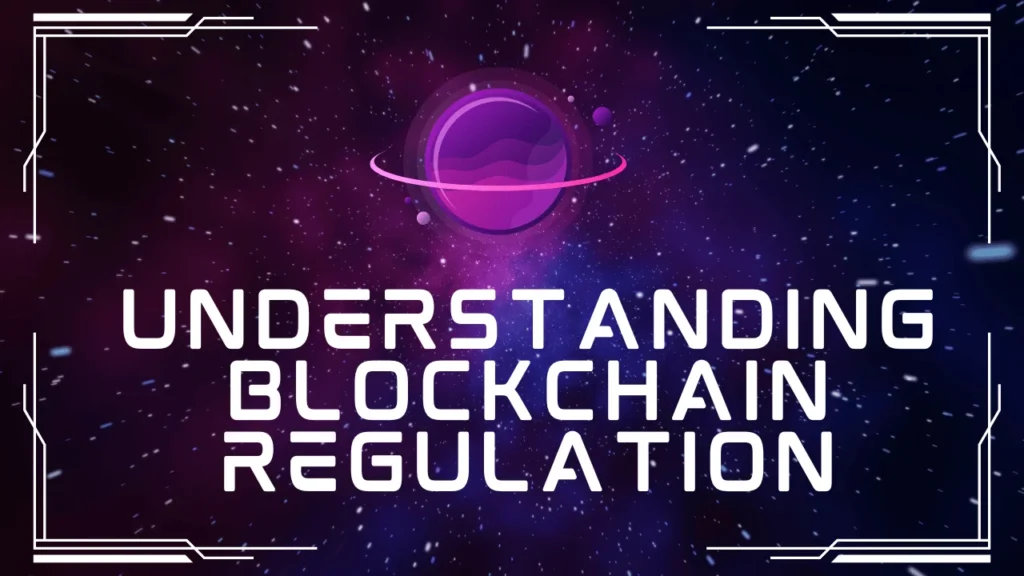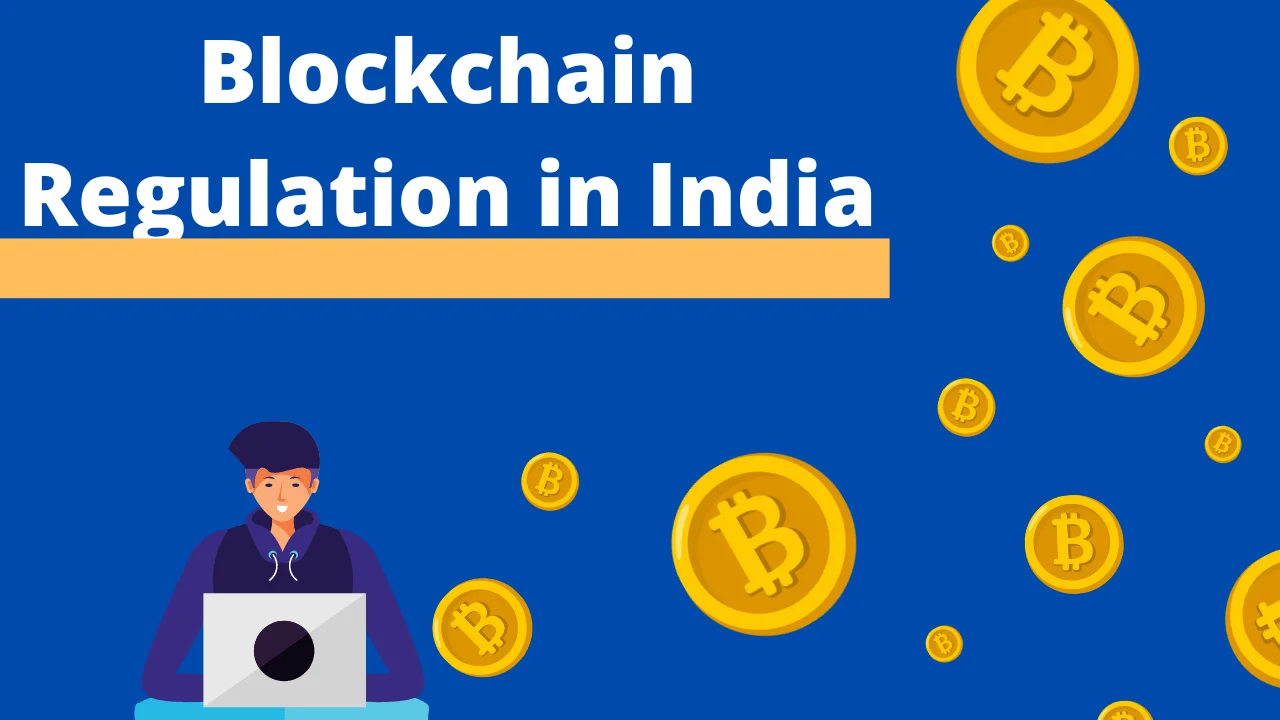In the rapidly changing world of digital finance, India is on the verge of a revolutionary shift, navigating the complex landscape of blockchain technology and digital assets with a careful balance of caution and embrace. The Indian government, along with its regulatory bodies such as the Reserve Bank of India (RBI), is developing a regulatory framework to maximize the potential of blockchain technology while maintaining financial stability, consumer protection, and legal compliance. This article delves into the nuances of blockchain regulation in India, highlighting the progress made toward creating a favorable environment for digital-first businesses, as well as the implications of these regulations for stakeholders.
Understanding Blockchain Regulation

Blockchain technology, a digital ledger known for its transparency, security, and efficiency, has sparked widespread interest worldwide. India has taken a cautious yet optimistic approach to regulating this technology, aiming to strike a balance between innovation and the necessary oversight to protect consumers and maintain financial stability.
Policy Developments in India
Recent legislative efforts in India have focused on reforming the legal framework for the internet, including cybersecurity, data protection, and digital lending. Notable policies include the Draft National Data Governance Framework Policy, the Draft National Cyber Security Strategy, the Digital Personal Data Protection Act of 2023, and the proposed Digital India Act, which seek to modernize data handling, ensure comprehensive national cybersecurity, and regulate emerging technologies such as blockchain and artificial intelligence (AI).
Cryptocurrency Taxation Laws
India has enacted specific taxation laws for cryptocurrency transactions, imposing a 30% tax on gains from trading Virtual Digital Assets (VDAs), plus a cess, and a 1% Tax Deducted at Source (TDS) on transactions exceeding a certain threshold. While the tax regime is strict, with no deductions except for acquisition costs and no provision for offsetting losses against other income, more balanced regulations are expected in the future.
Digital Currency Regulatory Framework
The regulatory framework for digital currencies in India is changing, reflecting a desire to embrace digital innovation while ensuring strong consumer protection and financial stability. The government and regulatory bodies are working to create a regulatory environment that promotes the growth of digital currencies while taking into account global standards and trends in blockchain regulation.
Blockchain Financial Regulation
The financial regulation of blockchain in India aims to responsibly integrate blockchain technology into the Indian financial ecosystem. The RBI and other regulatory bodies recognize the importance of blockchain in financial innovation and are putting in place guidelines to oversee its development and integration, ensuring that it contributes positively to the financial system’s stability and integrity.
Legal Compliance and Cybersecurity
Legal compliance and cybersecurity are critical to the regulation of blockchain technology in India. The government is working to create a favorable environment for digital-first businesses, with policies aimed at comprehensively addressing cybersecurity and regulating technologies such as blockchain to ensure their responsible and secure implementation.
Encouraging Innovation
India’s regulatory bodies are actively working to foster innovation in the blockchain sector. By implementing forward-thinking policies and guidelines, India hopes to become a global hub for blockchain technology, attracting investment and fostering the growth of both startups and established businesses.
Ensuring Consumer Protection
Consumer protection is at the center of India’s blockchain regulation efforts. The government is committed to protecting consumers from potential risks associated with digital assets and blockchain technology, including fraud prevention, transparency, and transaction integrity.
Promoting Financial Stability
The regulation of blockchain in India is intended to promote financial stability. By carefully overseeing the integration of blockchain technology into the financial ecosystem, regulatory bodies hope to avoid systemic risks and ensure that the growth of digital assets benefits the economy.
Maintaining Legal Compliance
Legal compliance is an essential component of blockchain regulation in India. The government’s emphasis on modernizing data handling, addressing cybersecurity, and regulating emerging technologies ensures that the use of blockchain is consistent with national laws and regulations, protecting the interests of all stakeholders.
Anticipating Global Trends
Global trends and standards inform India’s regulatory approach to blockchain technology. By staying current on international developments in blockchain regulation, India hopes to align its policies with global best practices, ensuring that its regulatory framework supports innovation while addressing the challenges of the digital age.
Challenges and Opportunities

As India moves forward in regulating blockchain technology, it faces both challenges and opportunities. The country’s regulatory bodies are charged with the difficult task of encouraging innovation while protecting the market and its participants from the risks associated with digital assets and technologies.
Adapting to Technological Advances
The rapid pace of technological advancements in blockchain presents a significant challenge to regulators. Ensuring that laws and guidelines remain relevant and effective in the face of changing technologies necessitates constant vigilance and flexibility. India’s regulatory framework is intended to be adaptable, allowing for timely updates to reflect new developments in the blockchain space.
Balancing Regulation with Innovation
Finding the right balance between is an important aspect of India’s approach to blockchain regulation. Too much regulation may stifle creativity and discourage investment, whereas too little may result in vulnerabilities and misuse. Indian regulators are working hard to create policies that encourage innovation, protect consumers, and maintain a stable financial environment.
Engaging with Stakeholders
Finding the right balance between strict oversight and encouraging innovation is an important aspect of India’s approach to blockchain regulation. Too much regulation may stifle creativity and discourage investment, whereas too little may result in vulnerabilities and misuse. Indian regulators are working hard to create policies that encourage innovation, protect consumers, and maintain a stable financial environment.
Looking Towards a Digital Future
India is refining its blockchain regulatory framework with a focus on the digital future. Recognizing blockchain’s transformative potential in a variety of sectors, from finance to governance, India is committed to embracing digital innovation in a responsible and sustainable manner, ensuring that its digital economy thrives in the global landscape.
For More Visit: Blockchain Innovation Indian Market: Building the Future
Conclusion
Blockchain regulation in India is a dynamic and thoughtful approach to navigating the complexities of digital transformation. By striking a balance between innovation and oversight, India is positioning itself as a leader in the blockchain revolution, establishing a strong regulatory framework that promotes growth, protects consumers, and ensures financial stability and compliance. As the regulatory landscape evolves, India’s commitment to creating a favorable environment for digital-first businesses indicates a promising future for blockchain technology in the country.

Brandy Stewart, an enchanting wordsmith and seasoned blogger, weaves compelling narratives that transport readers to uncharted territories. Infused with perceptive viewpoints and dynamic storytelling, Doris exhibits a command of language that enthralls both hearts and minds, leaving a lasting mark on the literary panorama.

